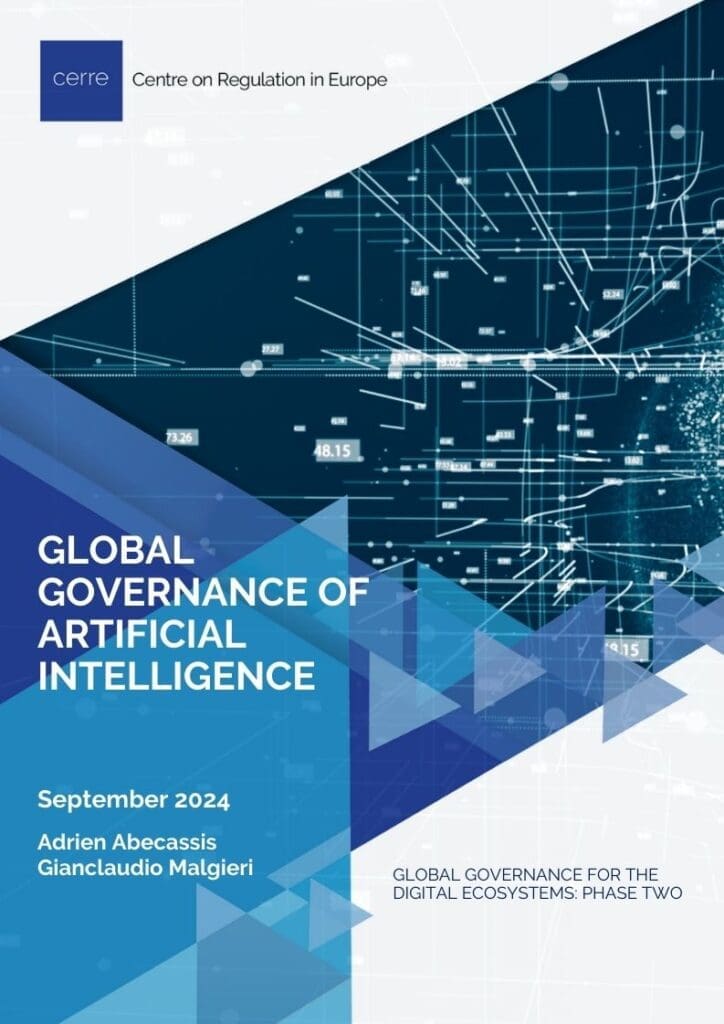Paris Peace Forum
Adrien Abecassis is a seasoned diplomat and former advisor to the President of France, where he played a key role in shaping French policies on European affairs and providing strategic political advice. He currently serves as the Director of Policy at the Paris Peace Forum, an international platform dedicated to fostering multilateral cooperation and improving global governance. His academic credentials include fellowships at Harvard University and the University of California, Los Angeles, where he contributed to research in international affairs. Additionally, he was a fellow at the Belfer Center for Science and International Affairs at Harvard Kennedy School during 2020-21.
Adrien Abecassis is a seasoned diplomat and former advisor to the President of France, where he played a key role in shaping French policies on European affairs and providing strategic political advice. He currently serves as the Director of Policy at the Paris Peace Forum, an international platform dedicated to fostering multilateral cooperation and improving global governance. His academic credentials include fellowships at Harvard University and the University of California, Los Angeles, where he contributed to research in international affairs. Additionally, he was a fellow at the Belfer Center for Science and International Affairs at Harvard Kennedy School during 2020-21.




